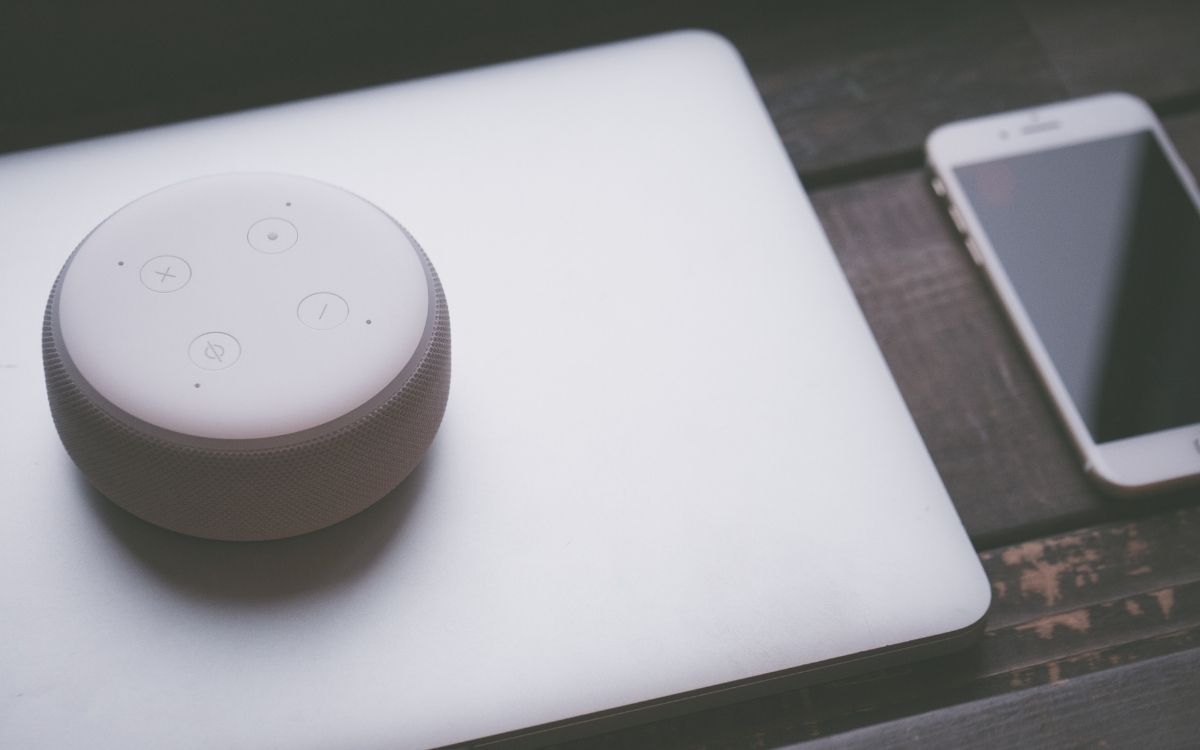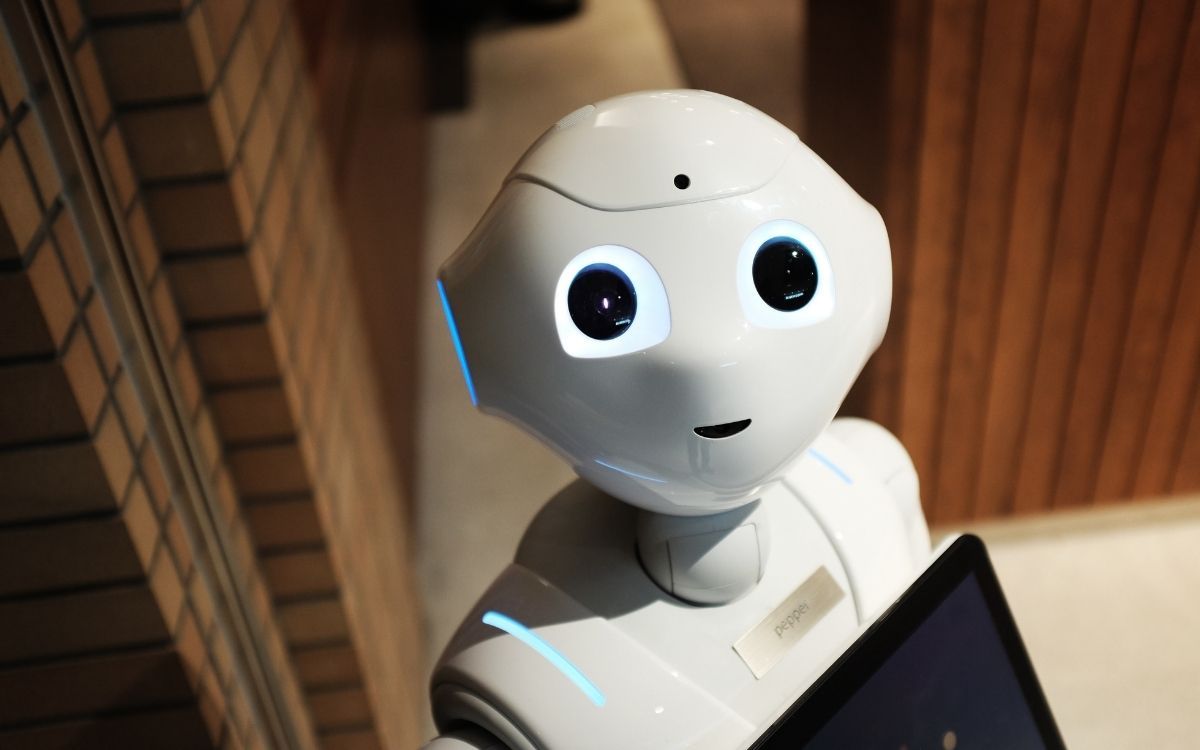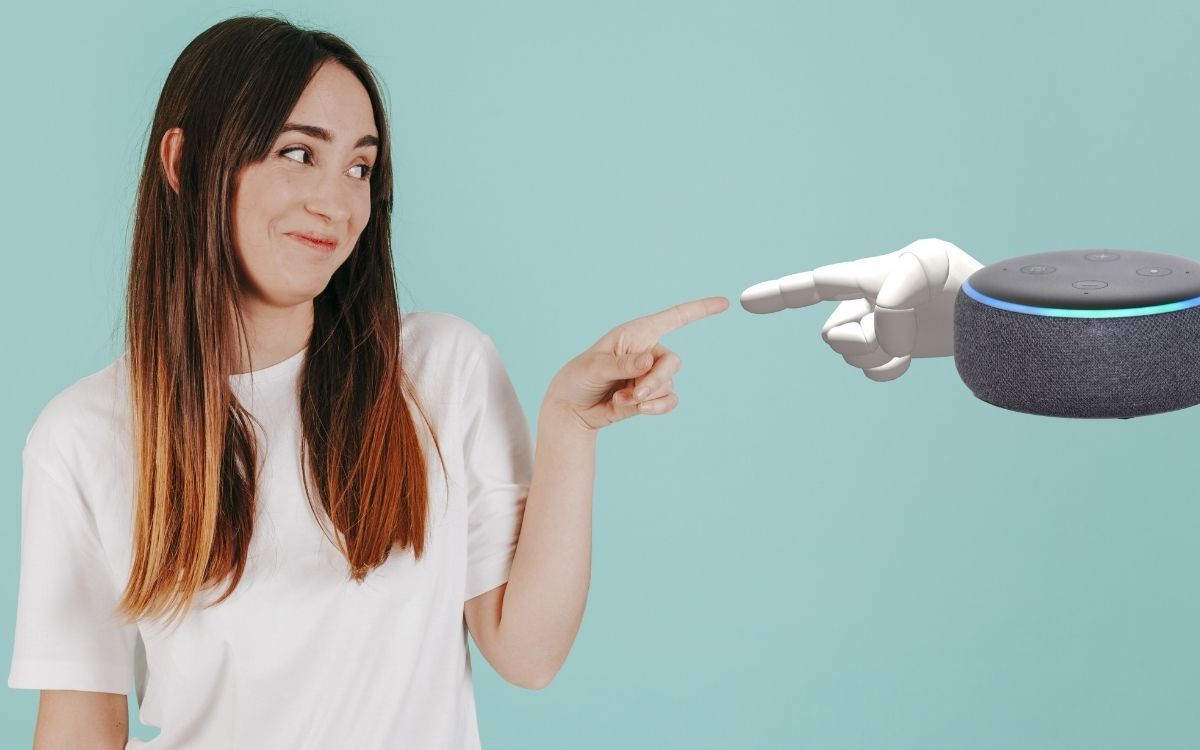Technology is not always seen as an answer to societal problems, whether it's fears of surveillance or the addictive nature of our phones. But in the case of loneliness and isolation—which have been linked with mental illness, disease, and even early death—technology could be part of the solution.
As more of our daily activities are switched to voice-controlled digital assistants, one question that remains is whether they can actually improve the lives of lonely or isolated people.
Alexa, What Percentage of Americans Experience Loneliness?
Alexa: "36% of all Americans are feeling lonely in according to a report from Harvard's Making Caring Common Project."
Loneliness is now considered a public health issue associated with increased risk for depression, dementia, and even mortality.
As people age and friends and family move away, opportunities for social interaction decline. As we increasingly rely on digital technologies to organize our lives, we find ourselves with fewer reasons to leave the house and connect with real people.
But we don't typically think of lonely people spending time talking to digital assistants like Amazon's Alexa, Apple's Siri, or Google Home, which use voice recognition to answer questions and carry out commands.
The number of Americans who own a smart speaker is expected to reach 90 million this year, a sizable audience, according to Statista. And as people become used to chatting with an assistant in their home, they may be more open to having those conversations outside the house as well.
How Can Alexa Help?
In 2019, Cornwall Live reported that the council in Cornwall, UK, was planning to give free Amazon Echo Spot devices to people who were deemed at risk of loneliness and social isolation.
It may seem counterintuitive: Why would using Alexa make people less lonely? The idea is that having a voice-activated assistant could help people feel less lonely by providing them with companionship—a kind of cybernetic friend.
Alexa can help fight loneliness and isolation by playing games, telling jokes, or providing information. There are endless possibilities and voice commands for Alexa to engage with users in ways that encourage social interaction.
While you can't actually go out to lunch with Alexa, the virtual assistant does make for good company if you choose to chat.
Alexa's skills are still limited compared with what's possible when interacting with a human, but as artificial intelligence improves, so will the ability to understand a conversation and respond in kind. All of it could help reduce feelings of loneliness by keeping us engaged in conversation.
A Robot as a Friend
The idea of robots providing companionship is not new, and it's beginning to take shape in our current reality.
In Japan, where the population is rapidly aging, and loneliness is a greater concern than in younger countries, robots have been enlisted to provide companionship to the elderly.
Paro is a therapeutic robotic seal that was administered to patients in hospitals and care facilities in Japan and Europe. The robot responds to affection in ways that seem almost alive.
According to research done by BMC Geriatrics, patients who interacted with Paro showed a decrease in negative emotion and behavior, improved social engagement, and a positive mood and quality of life experience.
This evidence suggests that robots could provide a source of companionship to those who need it and could even help prevent feelings of loneliness in the first place.
With the upcoming Amazon Astro, Alexa can not only provide companionship, but the assistant will be by your side at all times, responding to your requests, monitoring your home, and telling you if anything out of the ordinary happens.
It's a promising sign that Amazon is bringing a social companion to market. Only time will tell whether it can really improve social engagement and help reduce loneliness.
But Can Alexa Fill in for a Human?
While Alexa can do many things, it's hard for her to have a real conversation about people's lives or provide them with emotional support. Alexa is not equipped to detect important changes in your health status, monitor dangerous behaviors, or remind you to take your medications.
In general, digital technologies can create a false sense of connection and may offer a low-stakes way of learning social skills. But this doesn't substitute the real connection that comes from having an in-person conversation with another person.
Over time, Alexa might be able to learn more about your preferences and provide better companionship through personalization features. But Alexa can't do the most important thing—be your real friend.





